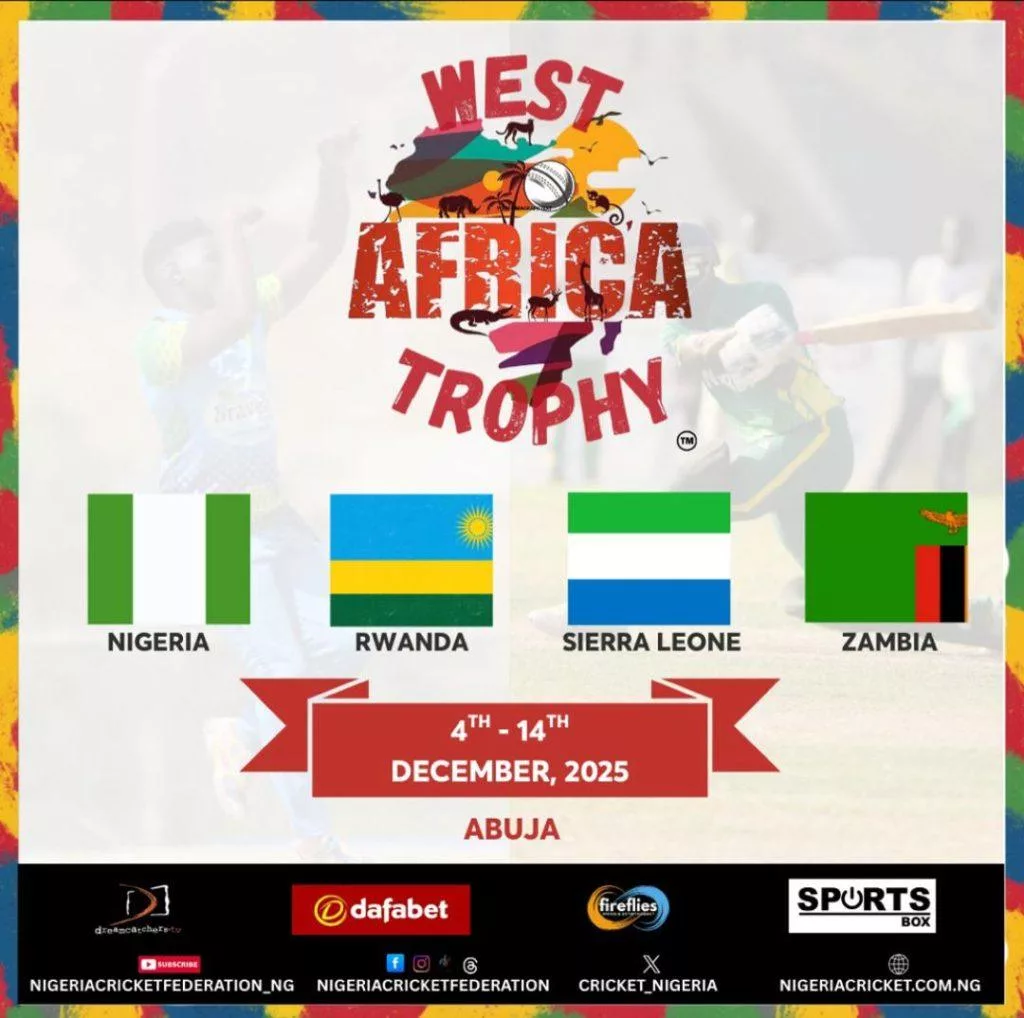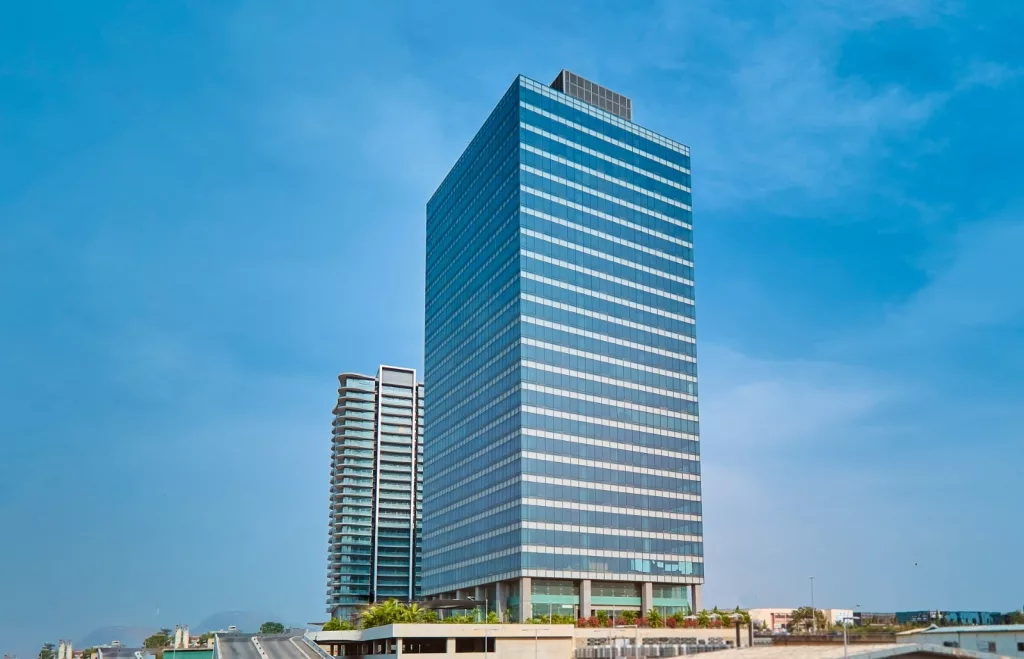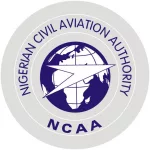The Legal Showdown: G-Worldwide vs. Kizz Daniel

The Legal Showdown: G-Worldwide (GWW) vs. Kizz Daniel
Estimated Reading Time: 7 minutes
Key Takeaways:
- Understand the legal implications of contract breaches in the Nigerian music industry.
- Learn the significance of intellectual property rights for artists.
- Discover how contract management can prevent costly disputes.
- Recognize the importance of legal representation for young talents in the entertainment sector.
Table of Contents
- Introduction
- Overview of the Case
- Breach of Contract Allegations
- Kizz Daniel's Defense
- The Court's Role and Orders
- Financial Implications of the Dispute
- The Importance of Legal Counsel
- Conclusion
- FAQ
Introduction
The case of G-Worldwide (GWW) vs. Kizz Daniel is a pivotal legal battle in the Nigerian entertainment industry. At its core, this dispute revolves around a breach of contract and the complexities of intellectual property rights concerning Kizz Daniel's stage name and music rights while he was under contract with GWW. This post delves into the nuances of the case, revealing insights into the legal implications for artists and the importance of proper contract management.
Overview of the Case
In 2017, G-Worldwide accused Kizz Daniel of multiple breaches:
- Illegally using the trademarked stage name "Kiss Daniel"
- Performing songs from albums produced under their contract, namely "New Era" and "Evolution"
- Creating his own label, "FLY BOI I.N.C," without consent
The label sought massive damages, including:
- Contractual exit fees amounting to about ₦500 million
- Injunctions to restrict Kizz Daniel's actions
The allegations highlighted pressing concerns regarding intellectual property rights in the music industry. For more information on the background of this case, visit ThisDayLive.
Breach of Contract Allegations
G-Worldwide made serious claims against Kizz Daniel, focusing on breach of contract and intellectual property infringement. Here are the key points of contention:
- Stage Name Usage: G-Worldwide insisted that Kizz Daniel's continued use of "Kiss Daniel" violated their trademark, which they had secured prior to his signing.
- Performance of Songs: Kizz Daniel's performances of tracks from his albums without permission raised red flags for intellectual property rights.
- Independent Label Formation: The launch of "FLY BOI I.N.C" without going through G-Worldwide breached the agreement and raised questions regarding the validity of his actions.
These allegations paint a picture of complex legal frameworks governing artists' agreements and the importance of maintaining contractual loyalty. For further details, check out the report from Pulse.
Kizz Daniel's Defense
Kizz Daniel firmly defended his actions, claiming he acted within his legal rights. His defense rested on several key arguments:
- Contract Termination: He asserted that he legally terminated his contract under Clause 14.2(a). This clause purportedly allowed for termination under specific circumstances.
- Prior Usage of Stage Name: Kizz Daniel argued that he used the name "Kiss Daniel" before signing with GWW, thus defending his right to use it.
- Allegations of Exploitation: He accused GWW of attempting to exploit him, asserting that the label was attempting to profit from his success without proper compensation.
This phase of the dispute illustrated how critical it is for artists to understand their contractual obligations fully. For a deeper look into his legal team's response, visit Pulse.
The Court's Role and Orders
As the dispute escalated, it reached the courtroom, where significant rulings took place. The court issued an order that maintained the status quo:
- This mandate restricted Kizz Daniel's use of the name "Kiss Daniel" and the music produced under GWW until the litigation settled.
- The restrictions served to pause the ongoing infringement and provide time for legal proceedings.
The court's involvement underscored the intricacies of entertainment law and how contractual agreements can lead to substantial litigation challenges. For more insights about the court journey, visit The Net.
Financial Implications of the Dispute
The G-Worldwide vs. Kizz Daniel dispute didn't just impact reputations; it also had significant financial consequences:
- Legal Fees: High-profile representation racked up legal costs estimated between ₦30 million and ₦60 million.
- Potential Damages: The lawsuit's claim for ₦500 million included severe penalties for breaching the contract and intellectual property rights.
The financial stakes highlight the costly nature of legal disputes in the entertainment industry, serving as a warning to upcoming artists about the need for thorough contract review and awareness.
The Importance of Legal Counsel
The complexities highlighted in the G-Worldwide vs. Kizz Daniel case stress a crucial point: the necessity of engaging legal counsel for artists. The CEO of G-Worldwide emphasized:
- Contract Compliance: Upholding contractual obligations is essential to avoid pitfalls like those experienced in this case.
- Legal Review of Agreements: Young talents should prioritize consulting lawyers to scrutinize their contracts meticulously, preventing future conflicts.
The case paints a cautionary picture for artists about the importance of legal representation in navigating the minefield of music contracts. For insights into the broader implications for the Nigerian entertainment industry, visit Vanguard.
Conclusion
The G-Worldwide vs. Kizz Daniel case serves as a crucial lesson in the music industry about the importance of proper contract management and awareness of intellectual property rights. This legal battle not only highlighted the pitfalls artists face but also emphasized that comprehensive contracts and astute legal counsel can make significant differences in an artist's career trajectory.
The resolution of this case reinforces the idea that understanding contracts is fundamental for artists. The rights associated with stage names, music, and financial disagreements illustrate the potential hazards of entering the entertainment world without sufficient legal knowledge.
FAQ
1. What led to the G-Worldwide vs. Kizz Daniel case?
The case arose from allegations of breach of contract by G-Worldwide against Kizz Daniel for unauthorized use of his stage name and music produced under their label.
2. What were the financial claims made by G-Worldwide?
G-Worldwide claimed exit fees of approximately ₦500 million and sought injunctions against Kizz Daniel's use of his stage name and music.
3. How did Kizz Daniel defend himself?
Kizz Daniel claimed he legally terminated his contract and argued that he used the name "Kiss Daniel" prior to his agreement with GWW.
4. What role did the court play in the dispute?
The court issued orders to maintain the status quo, restricting Kizz Daniel from using certain music and the stage name until the litigation concluded.
5. Why is legal counsel important for artists?
Legal counsel is crucial for reviewing contracts, understanding rights, and preventing costly disputes in an artist's career. Proper legal guidance can significantly aid in contract negotiations and compliance.
By exploring the intricate details of the G-Worldwide vs. Kizz Daniel case, artists and stakeholders in the entertainment industry can better understand the vital need for awareness of contracts and intellectual property rights.











